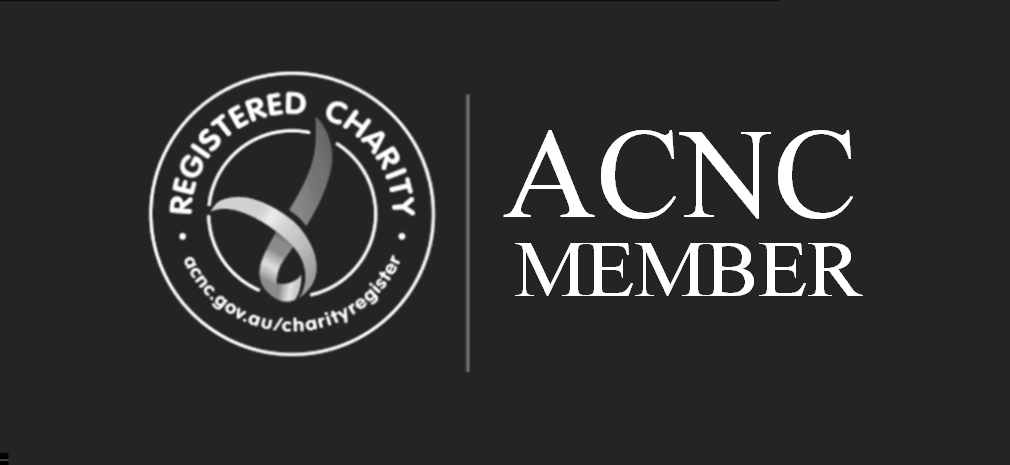Verifier
- Registration with the Australian Charities and Not-for-Profit Commission (ACNC).
- Up-to-date reporting (Financial and Annual Information Statement).
- Registers or documented records of compliance, including but not necessarily restricted to legal obligations and registrations.
Guidance
ACNC registration and reporting requirements are clearly outlined on the ACNC website which can be found in the Resources Section below.
All signatory organisations, regardless of size, are subject to a complex range of requirements and legislation – such as corporations laws, rules of incorporation of associations, fundraising and charitable institutions, privacy, equal employment opportunity principles, occupational health and safety standards, human rights and anti-discrimination, intellectual property, child protection and copyright, as well as other external obligations – such as code compliance or certifications.Registers of documented records of compliance may be presented in various ways, but will need to show that the organisation has a comprehensive understanding of its compliance obligations and actions that are due to meet those obligations. It might be presented as a table of legal and regulatory obligations, deadlines for compliance, details of regulatory bodies, who within your organisation is responsible for ensuring obligations are met, and the process they will follow to ensure compliance. An example of a Compliance Register can be found in the Resources Section below.



